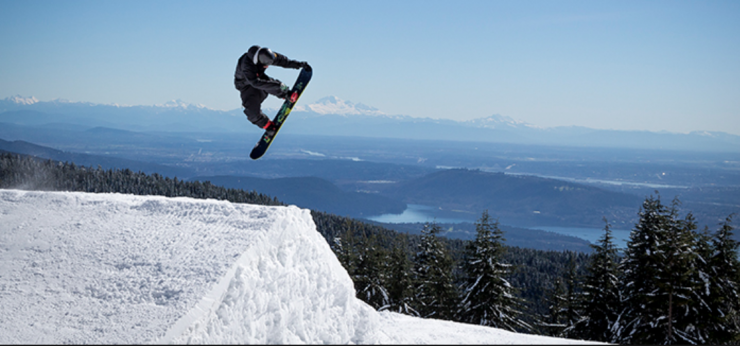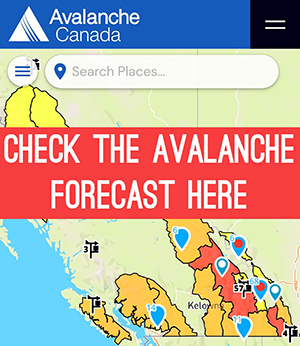An Australian man who sued Grouse Mountain following a crash that left him paralyzed has lost his case in B.C. Supreme Court.
For 20-year-old Jason Apps tragedy struck just days before the Angledale local was set to fly to Mexico, the accident dislocated his C4 and C5 vertebrae, leaving him a quadriplegic.
Apps moved to Canada in 2015, planning to live, work and snowboard in Whistler for two years. At the time of his accident, he was working in an equipment rental shop, where, among other tasks, he had customers sign liability waivers.
Apps was comfortable hitting medium and large jumps in Whistler Blackcomb’s terrain park but avoided the extra large or XL ones, fearing they were too big for his intermediate skill level, according to a B.C. Supreme Court ruling released May 31.
But when Apps visited Grouse on March 18, 2016, he hit an XL jump and fell, “suffering catastrophic life altering injuries,” the ruling from Justice Catherine Murray acknowledged.
At issue in the summary trial was whether Grouse took sufficient steps to make Apps aware of the risks and hazards of hitting the XL jump, and whether the resort did enough to make Apps aware of the waiver he’d agreed to in buying his lift ticket.
Apps argued that the critical time for notice was before the pass was purchased.
Outside the ticket booth there is a 38-centimetre by 50-centimetre poster, bright yellow with a red border, with the resort’s exclusion of liability for day pass holders, the ruling notes. But the judge found problems with the way that it was presented – it is one long paragraph with many commas and semi-colons and the resort’s own negligence exclusion, is buried about a third of the way down and is not highlighted or emphasized in any way, Murray noted.
“It is unrealistic to believe that a person approaching the ticket booth would stop in front of the window to read the sign. It is positioned away from where the purchaser is focused in order to make the transaction. The ticket seller is not instructed by Grouse to say anything about the waiver to ticket purchasers,” she wrote.
But, Murray added, the same wording appears on the back of the ticket. And there were signs outside the terrain park proclaiming: “READ THIS!!!” and “Freestyle terrain use, like all skiing and snowboarding, exposes you to the risk of serious injury.” The sign also reminds terrain park users that they assume their own risk and they have waived the resort’s liability, as stated on the ticket.
During cross examination, Apps conceded he knew snowboarding carried some inherent risk.
“I didn’t think it would be this serious, but yes,” the transcript in court ruling states.
“Given his experience Mr. Apps should have known of the waiver of liability for the mountain’s own negligence. That he chose not to read the waivers does not render them invalid or inapplicable to him,” Murray wrote, dismissing the civil suit. “Having regard to all of the circumstances and all of the evidence, I am satisfied that Grouse gave reasonable notice to Mr. Apps of the risks of snowboarding and use of the jumps and of the exclusions of liability including exclusion of the mountain’s own negligence.”
A Gofundme page has raised over $85,323, with Jason received encouraging words from Canadian 2014 Sochi Paralympic snowboarder Michelle Salt.
“From the Canadian Para-Snowboard team, we are wishing Jason a good recovery and were always here for support,” Ms Salt said.
This article originally appeared here.














